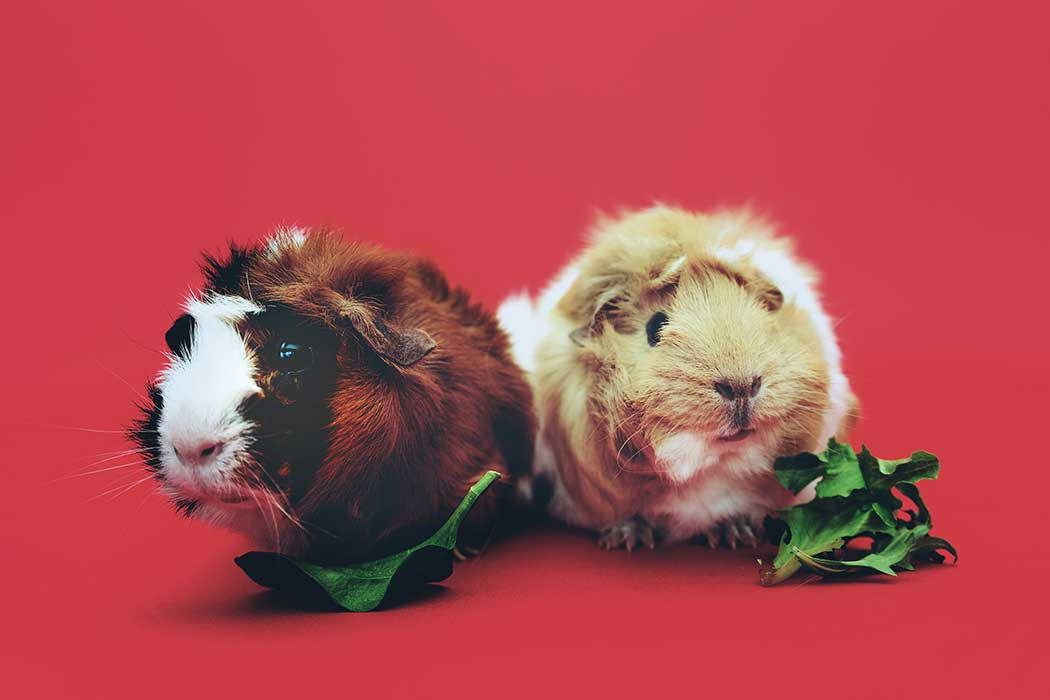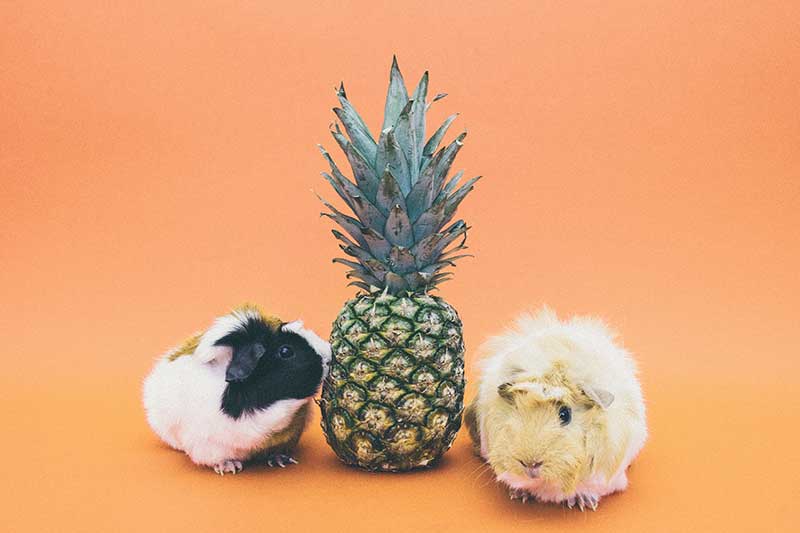
Are Diffusing Essential Oils Safe for Pets?
11 july 2022Ever wondered whether inhaling diffused essential oils are safe for your pets? Inhaling these oils can cause respiratory complications in humans and pets. But this can only happen if these diffused oils are for an extended period within a confined space.
You have to understand that your pets, including cats and dogs, are more sensitive to scents than we humans, so these diffused essential oils can affect them more adversely.
In this post, we will have a look at this matter in more detail.
Let's begin the discussion, shall we…!
Dangers of Candles & Essential Oils for Pets
Some aerosols (plug-in air fresheners) and scented candles release various VOCs (volatile organic compounds). As a result, they release toxins, including phthalates, formaldehyde, and naphthalene.
These synthetic fragrances, along with the carcinogenic soot from those paraffin candles (a petroleum product), can cause respiratory problems. These include the likes of asthma in both pets and humans.
Another product is phthalates that are released by these scented candles. These substances can disrupt the endocrine system and lead to cancer, diabetes, and other congenital disabilities.

Burning candles can cause harm as they release artificial chemicals into the air, and their delicious smells can entice your pets to take a bite and ingest these oils. Such ingestion can cause diarrhea and an upset stomach. And it can be completely different if they absorb these through mucus or skin.
These essential oils are VOCs that are extracted from plants. They contribute to the taste and fragrance that they emit. Different oils can affect your pets in different ways.
For example, only a few drops of eucalyptus or tea tree oil can cause severe illness. Any symptoms can include vomiting, salivation, diarrhea, low body temperature, depression, seizures, and weakness.
Applying these essential oils directly to your pets' skin is not a good practice. Diffusing these oils can cause allergy symptoms and trigger a cough.
Using Essential Oils Topically in Pets Instead of Diffusing Them
If you are looking to put oil on your pet, make sure you use them topically and don't diffuse the oils. For this purpose, you will need a carrier oil. This oil can dilute the essential oil and protect the skin if irritated.
You can use avocado oil, olive oil, jojoba oil, or coconut oil to dilute the essential oils and make them safe to apply directly to your pets' skin.
Are essential oils safe for dogs?
No, these essential oils are not entirely safe for your dogs. First, you must keep them out of reach of your curious dogs. These might attract your dog buddy, but you should never use pure essential oils on your pets without a vet's prior consultation.
Are essential oils safe for cats?
Cats don't like the fragrance of these essential oils to begin with. So, they will not let you apply these oils to them. And this is a good thing because these oils harm these cats.
Are essential oils safe for guinea pigs?
Most of these essential oils are not safe for guinea pigs. So, you should avoid them at all costs. You should not use these oils on your guinea pigs either orally or topically, no matter what.
Signs of Essential Oil Toxicity in Pets
If you are concerned that your pet has been exposed to these essential oils, you must monitor them for symptoms.
You can take your pet to your nearest vet for treatment as soon as they start having an adverse reaction. Some common symptoms that your pet has been exposed to these essential oils are:
- Vomiting and drooling
- Watery eyes or nose
- Redness or skin, gums or lips
- Low heart rate
- Lethargy, wobbliness, or tremors
- Low body temperature
- Uneasy breathing or wheezing, coughing or panting
But there are some measures you need to take before going to the vet.
- You must immediately take your pet out into the fresh air if the product has been inhaled.
- If the product is ingested, ensure not to induce vomiting, and don't give your pet activated charcoal.
- Put the product and packaging in a sealed bag and bring that to the vet.
- If your pet gets the oil on its fur or skin, wash it off using hand dishwashing soap.
What Smells Do Dogs Like?
Dogs have very sensitive noses, and there are various smells they crave. Some of the following smells are loved by your dog.
- Dogs are fond of the smell of BBQ meat.
- Your dog craves the smell of the garage because they like to investigate.
- They greatly enjoy the smell of fallen leaves.
- Dogs love the smell of their toys.
- And, of course, who can forget to mention the smell of their dog food.
Now, if you add these smells to some of their favorite scents, things get amplified in real-time. Here are some scents that dogs love.
- Vanilla as it relaxes them and stops them from barking.
- They are passionate about coconut, and it helps them sleep better.
- Valerian is another smell that they love, and it treats their anxiety.
- They like ginger, and it relaxes them.
What Smells Do Cats Like?
Cats have their preferences when it comes to fragrances. And some of their favorite smells are:
- Catnip as they enjoy this smell pretty much.
- They prefer the smell of valerian root, and it even creates a euphoric effect on them as catnip does.
- Cats like the smell of olives.
- Another one of their favorite fragrances is honeysuckle.
- Cats are fond of cat thyme, and it is not something that you use in cooking either.
- Cats like the smell of different flowers, so they have a floral nature.
- They are delighted with the aroma of different fruits.
- Another fragrance that they prefer to smell is basil.
What Smells Do Guinea Pigs Like?
Guinea pigs are pretty choosy little animals. And there aren't many smells they prefer to smell daily. These cavies love the smell of hay, but not all hay there is. Timothy hay is their favorite by a long stretch.
Apart from that, some piggies might prefer different scents of specific types of hay. These may include oat hay, orchard grass, and alfalfa.
What Smells Do Dogs Hate?
Your dog might be a fan of a range of different smells, but there are some that they don't like.
- They don't like smelling chili peppers at all.
- They are not a fan of any ground spices.
- Dogs don't like to smell citrus fruits.
- They dislike the smell of vinegar.
- Dogs don't like to smell fresh herbs.
- They never like the smell of alcohol.
- They don't prefer to smell household cleaners.
- And they strongly dislike any strong colognes and perfumes.
What Smells Do Cats Hate?
There are various smells that cats strongly dislike.
- Cats don't like to smell medicine.
- They never like the smell of spoiled food.
- They don't like the smells of these essential oils.
- Cats don't like the smells of citrus fruits.
- They are not a fan of smelling hot peppers.
- They don't like plants and herbs.
- Cats are not a fan of vinegar either.
- And they prefer not to smell ground coffee too.
What Smells Do Guinea Pigs Hate?
Your little cavies are mysterious creatures, and they don't like most of the smells they are exposed to unless they have something to do with their food.
- Guinea pigs don't like smelling onions.
- They don't like the smells of other animals or pets in your home.
- They are highly allergic to any essential oils.
Conclusion
After going through the details above, we can conclude that these essential oils are not safe or healthy for your pets, especially cats, dogs, and guinea pigs.
It doesn't matter whether you diffuse them or use them in any other way. You should keep these oils away from your pets because most of the oils are toxic to their internal body systems.


